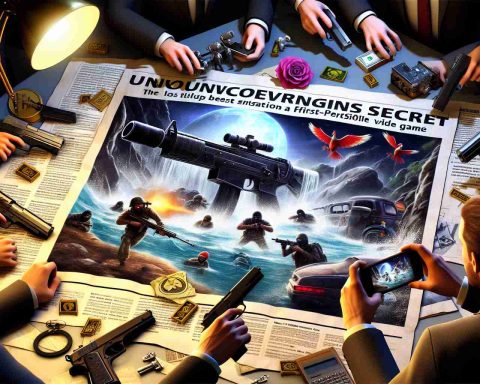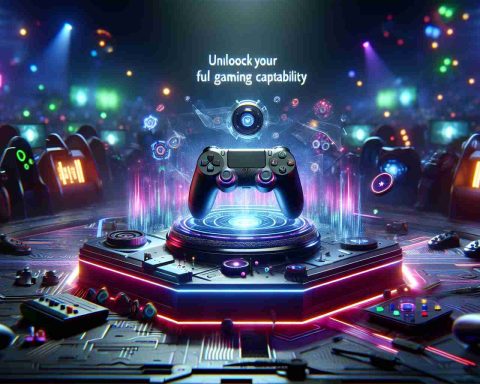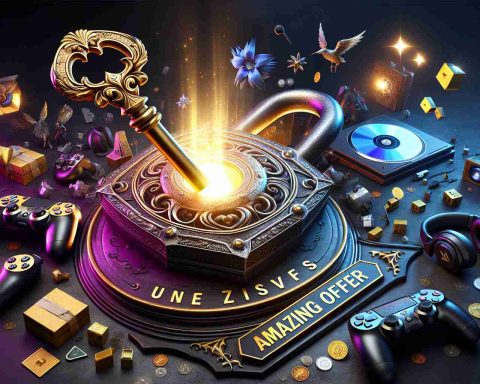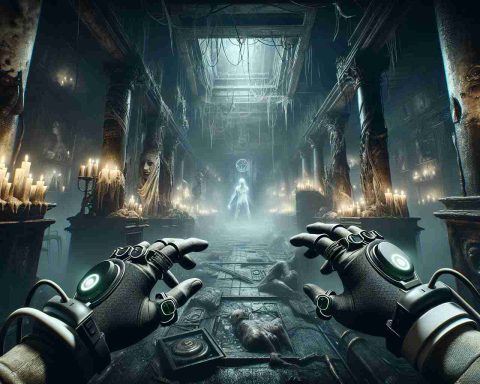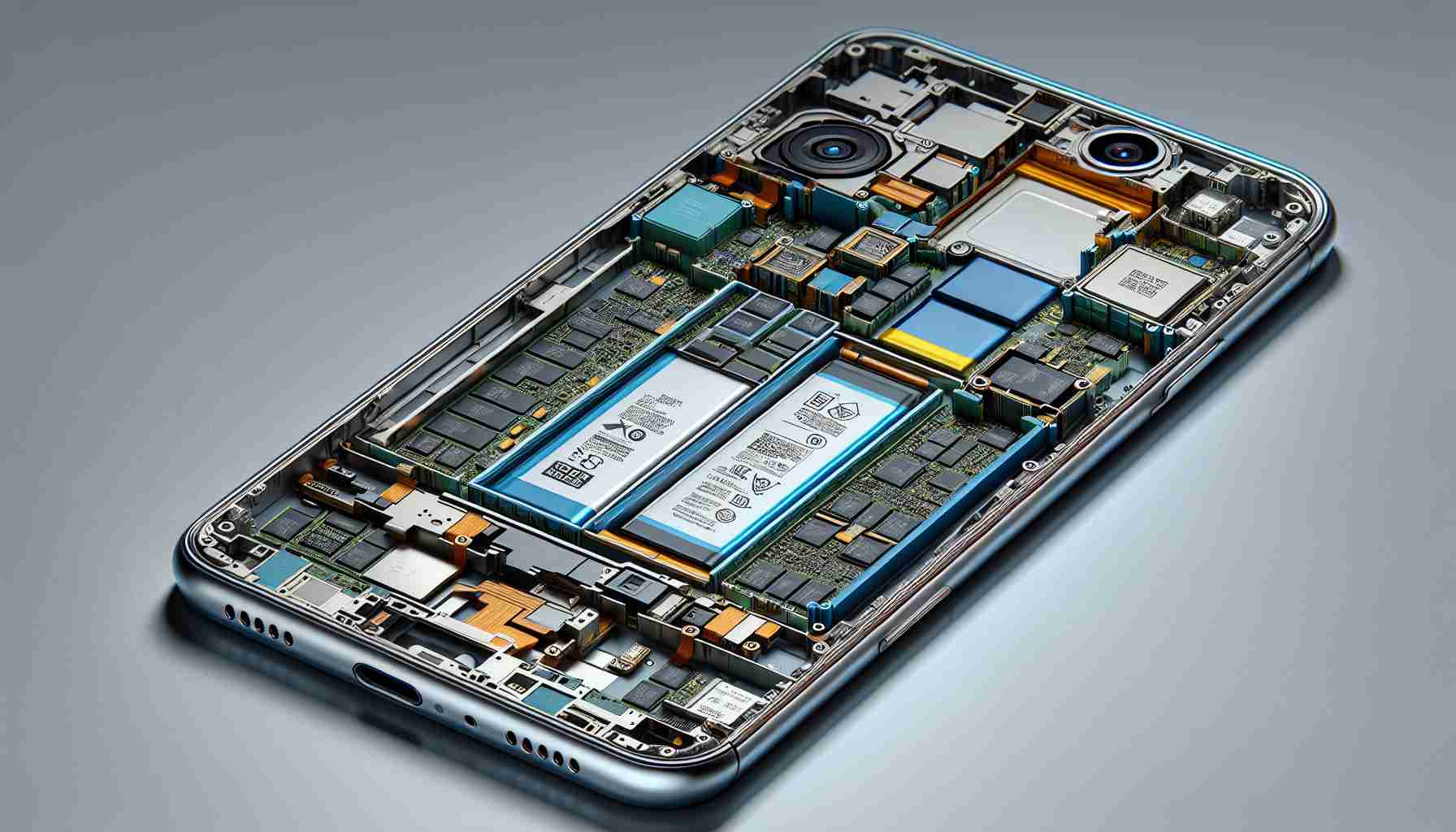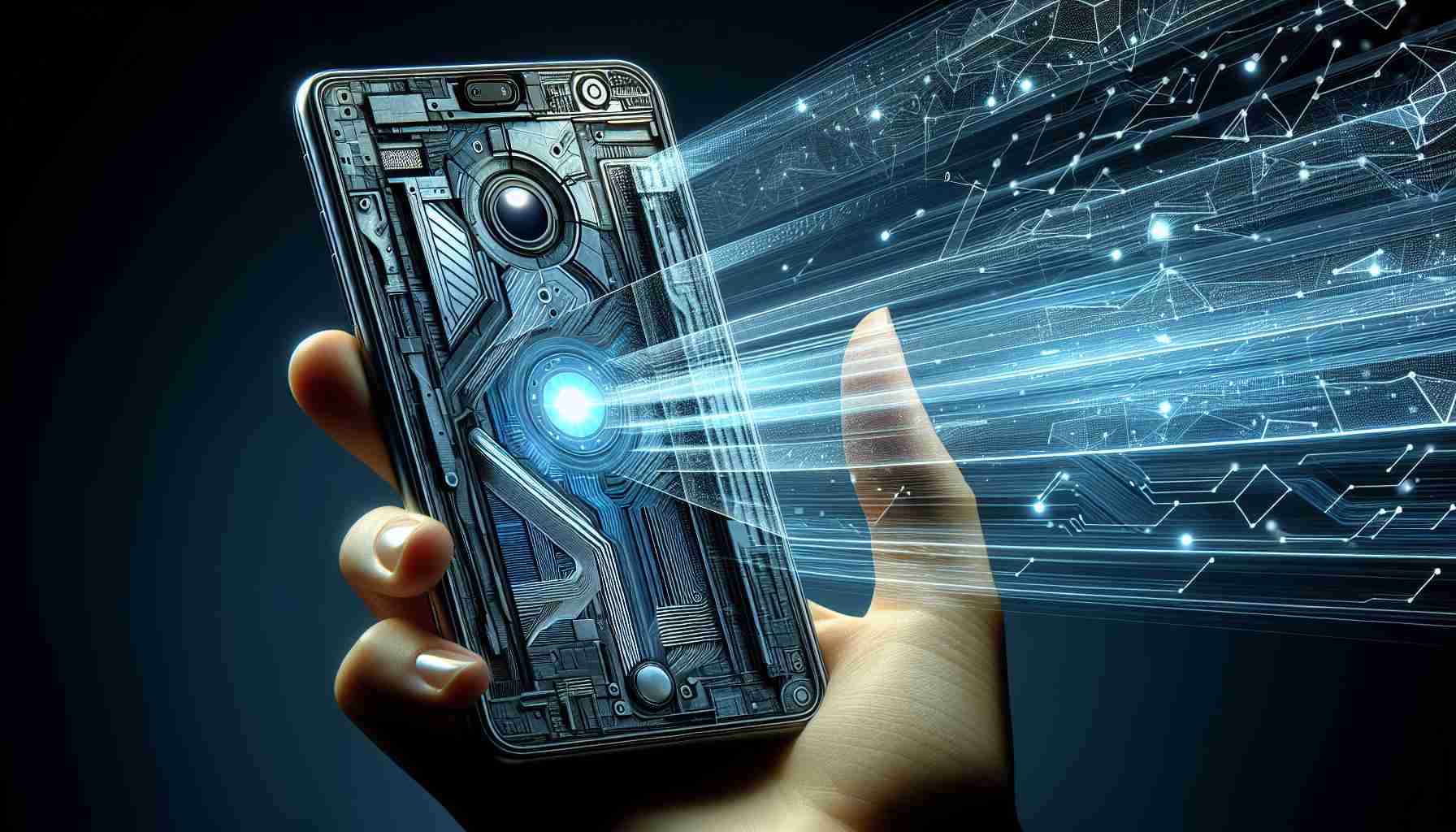Palworld, a newly released game, has sparked heated debates within the gaming community due to its perceived similarities with the beloved Pokemon franchise, owned by Nintendo. Fans have observed striking resemblances between the characters in Palworld and those from the Pokemon series. While the game’s mechanics have drawn criticism for resembling the iconic «gotta catch ’em all» feature of Pokemon, accusations of plagiarism from other games such as Ark and Rust have also emerged. Nonetheless, Palworld managed to sell an impressive 4 million copies, surpassing a milestone of 1 million concurrent players shortly after its initial release on January 19th, for PC and Xbox platforms.
Aside from the controversy surrounding Palworld, Pocketpair, the development studio behind the game, faces additional allegations. Their previous release, AI: Art Imposter, garnered attention as it was denounced as a clone of Gartic Phone, a game where AI technology generates drawings. Online users further uncovered past statements made by Pocketpair’s CEO, Takuro Mizobe. In these statements, Mizobe discussed employing artificial intelligence to avoid potential legal battles with Nintendo. It was also revealed that Mizobe had a keen interest in NFTs and had previously established a cryptocurrency company before founding Pocketpair.
The utilization of generative artificial intelligence has recently become a topic of concern within the gaming community, as it raises questions about copyright infringement and loss of creative control. Some game studios, such as Square Enix, have publicly declared their intention to leverage AI in the creation and promotion of their games. Surprisingly, even VALVe, initially resistant to the idea, has now permitted games featuring AI-generated content on the Steam platform. Opposition to the integration of AI in games continues to gain momentum, particularly after reports of significant layoffs within prominent game studios last year.

